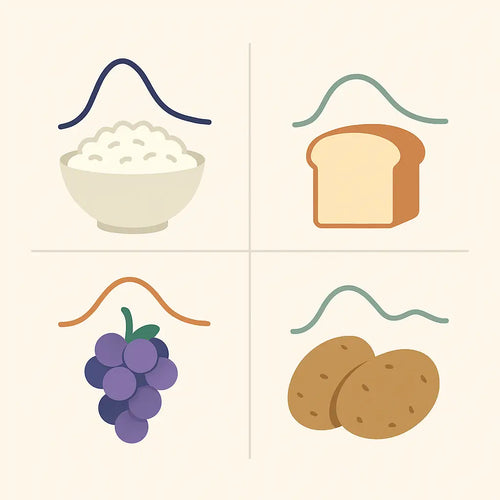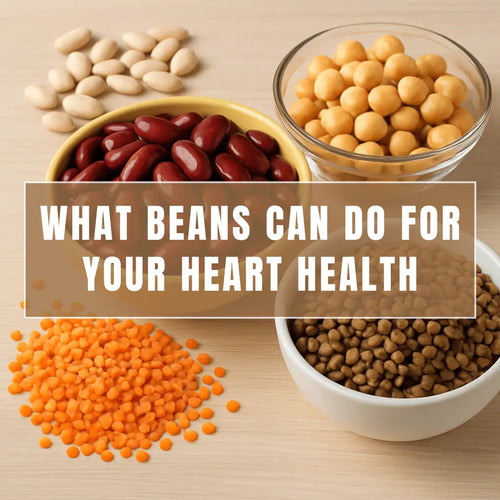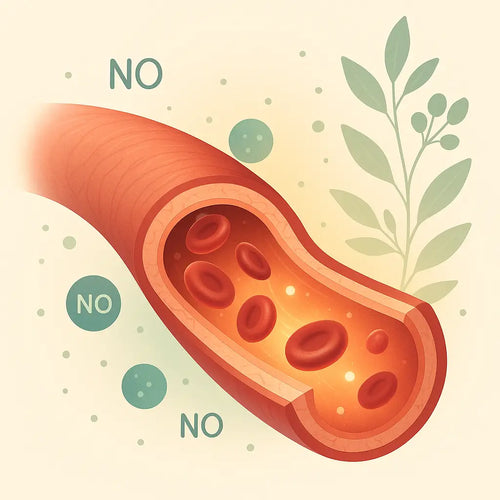One of the impressive health benefits of flax seeds is the ability to decrease blood pressure (Rodriguez-Leyva D, et.al., 2013).
In a double-blinded, placebo-controlled study, 30 g of flax seeds daily for 6 months reduced the systolic blood pressure of 10 mm Hg and the diastolic blood pressure with 7 mm Hg.
This is as good as some blood pressure medications, and instead of side-effects, you get even additional benefits.
13 g of flax seeds daily has shown to decrease blood glucose and insulin and improve insulin sensitivity in obese individuals with pre-diabetes (Hutchins AM, et.al., 2013).

Flax seeds can also lower cholesterol.
In just 7 days a drink made of flax seeds lowered total cholesterol by 12% and LDL cholesterol (the bad cholesterol) 15% (Kristensen M, et.al., 2012).
Even if many people are not aware of these health benefits, it’s been known for a long time that flax seeds can reduce total cholesterol, LDL and decrease the blood glucose after a meal (Cunnane SC, et.al., 1993).
It is very important to keep the blood glucose in a good range even after a meal, it is not enough to only have good fasting blood glucose.
I recommend grinding 2 tablespoons of flax seeds in a coffee grinder and put them in a glass with water, stir it and drink it thick. You can of course also sprinkle it on food, like a salad if you prefer.
References
Cunnane, S. C., Ganguli, S., Menard, C., Liede, A. C., Hamadeh, M. J., Chen, Z. Y., … & Jenkins, D. J. (1993). High α-linolenic acid flaxseed (Linum usitatissimum): some nutritional properties in humans. British Journal of Nutrition, 69(2), 443-453.
Hutchins, A. M., Brown, B. D., Cunnane, S. C., Domitrovich, S. G., Adams, E. R., & Bobowiec, C. E. (2013). Daily flaxseed consumption improves glycemic control in obese men and women with pre-diabetes: a randomized study. Nutrition research, 33(5), 367-375.
Kristensen, M., Jensen, M. G., Aarestrup, J., Petersen, K. E., Søndergaard, L., Mikkelsen, M. S., & Astrup, A. (2012). Flaxseed dietary fibers lower cholesterol and increase fecal fat excretion, but the magnitude of the effect depends on food type. Nutrition & Metabolism, 9(1), 8.
Rodriguez-Leyva, D., Weighell, W., Edel, A. L., LaVallee, R., Dibrov, E., Pinneker, R., … & Pierce, G. N. (2013). Potent Antihypertensive Action of Dietary Flaxseed in Hypertensive PatientsNovelty and Significance. Hypertension, 62(6), 1081-1089.










